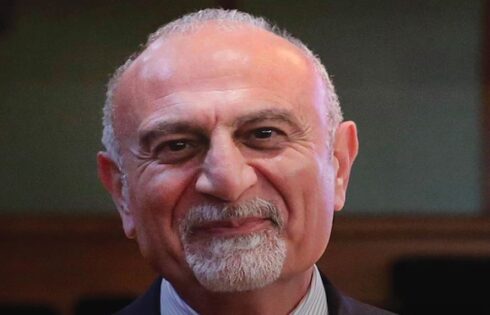
Just before students began returning to classes, the federal Department of Health and Human Services (HHS) issued a new policy that would require all group health care plans provided by employers – including many Catholic institutions – to cover prescription contraceptives and sterilization for women.
The Interim Final Rules on Preventive Services (76 Fed. Reg. 46621, Aug. 3, 2011), consider contraceptives and sterilization to be “preventative” services that must be provided free of charge in insurance plans.
The HHS policy does contain a “conscience clause” for religious employers who wish to abstain from covering contraceptives for religious reasons. However, the exemption is very narrow, with organizations qualifying only if:
1. The inculcation of religious values is the purpose of the organization.
2. The organization primarily employs persons who share the religious tenets of the organization.
3. The organization serves primarily persons who share the religious tenets of the organization.
Hospitals and universities, then, would fail to qualify for the exception if unless they were to hire and serve only Catholics.
Cardinal Daniel N. DiNardo, Chairman of the Committee on Pro-Life Activities and Archbishop of Galveston-Houston, is urging Catholics to write to HHS to oppose the interim rules during the comment period which lasts until September 30, 2011.
In a letter to members of Congress, Cardinal DiNardo points out that the lack of a conscience clause is “especially glaring” since the act does accommodate “those who object to participation in government-run benefits programs altogether, those who wish to address illness solely by prayer, and those on Indian reservations who are committed to traditional tribal practices of healing.”
Catholic schools, universities, social welfare agencies, hospitals, and nursing homes would not qualify for the conscience clause in the mandate. “A Catholic institution serving the poor and needy would have to fire its non-Catholic staff, refuse life-affirming care to non-Catholic people in need, and devote itself instead to ‘the inculcation of religious values’ to qualify for the exemption. Individuals, insurers, and the sponsors of non-employee health plans (e.g., student health plans in Catholic schools) would have no exemption at all,” explained Cardinal DiNardo.
C.J. Doyle, Executive Director of the Catholic Action League of Massachusetts, told The Observer that the HHS policy is a “tax payer funded assault on the consciences and pocketbooks of Catholics” because it requires Catholics “contribute to the distribution of contraception, including abortifacients.”
Doyle noted that the conscience clause is “virtually meaningless” because it will not cover many Catholic institutions.
Patrick J. Reilly, President of The Cardinal Newman Society, said in a statement that, “The HHS guidelines would force Catholic colleges to violate the law or violate the Catholic faith…Neither option is acceptable.”
Massachusetts law already requires all individual or group health care plans to provide “all contraceptive methods to prevent pregnancy” that have been approved by the FDA. The law exempts only groups that are considered a “church or qualified church-controlled organization” under the Federal Insurance Contributions Act.
The United States Conference of Catholic Bishops described this MA exemption to be “broader in some respects, narrower in others,” when compared to the exemption in the HHS mandate. Twelve other states have exemptions that are broader than the HHS exemption.
“The Commonwealth of Massachusetts requires all Massachusetts medical insurance plans (including student plans) to offer prescription drug and outpatient service coverages to include contraceptive drug consultations and prescriptions,” said Jack Dunn, Director of News and Public Affairs at Boston College.
“As with the federal regulations being discussed, the ‘church or church-controlled institution’ exception is very narrowly drawn and does not include an institution such as Boston College.”
Though MA law requires BC-issued health care plans to cover contraception, Boston College Health Services does not offer contraception on campus.
“In accordance with our mission as a Jesuit, Catholic university, Boston College Health Services does not prescribe birth control pills for contraception,” Dunn said.
Andrew Rota is a staff writer for the Boston College Observer. He is a contributor to The College Fix.




Please join the conversation about our stories on Facebook, Twitter, Instagram, Reddit, MeWe, Rumble, Gab, Minds and Gettr.